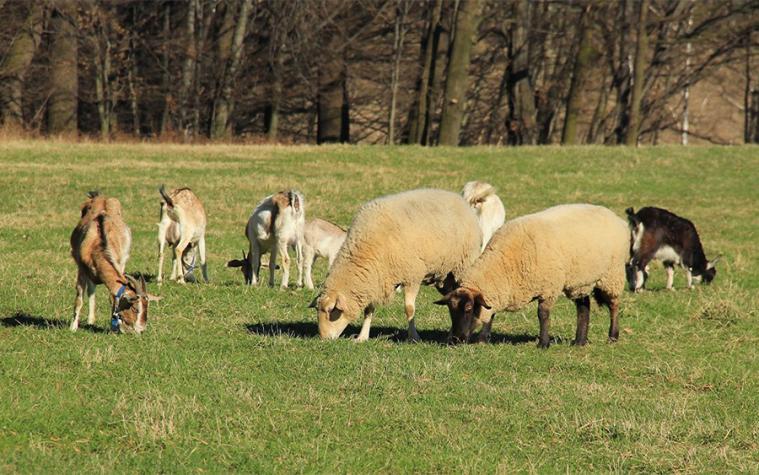University of Missouri Extension is hosting a Feb. 26 small ruminant webinar that will address tall fescue toxicosis in sheep and goats.
Tall fescue is a widely grown cool-season grass that serves as a primary forage for livestock. However, many tall fescue stands contain a fungal endophyte (Neotyphodium coenophialum) that produces ergot alkaloids that can affect animal health and productivity.
“Fescue toxicosis costs the U.S. beef industry an estimated $500 million to $1 billion annually in lost revenue,” said Richard Browning, Jr., animal sciences professor with Tennessee State University. “While the economic impact on the sheep and goat industry remains unknown, small ruminants may also experience reduced performance due to fescue toxicity.”
During the webinar, Browning will share key research findings and recommendations on how wild-type endophyte-infected tall fescue affects sheep and goat productivity.
The webinar will provide research-based insights and practical strategies to help small-ruminant producers minimize the effects of fescue toxicosis on herd performance, said David Brown, MU Extension sheep and goat specialist.
The session will cover the causes and symptoms of fescue toxicosis in sheep and goats, its impact on animal health and reproduction, and management strategies to reduce risks.
“This webinar is ideal for sheep and goat producers, extension educators, livestock specialists, veterinarians and agricultural professionals interested in forage and nutrition management,” said Brown.
The webinar is noon-1 p.m. CST Wednesday, Feb. 26. The program is free, but registration is required. Register at http://muext.us/FTSG2025.
For more information, contact MU Extension in St. Clair County at 417-646-2419 or David Brown at davidbrown@missouri.edu.
